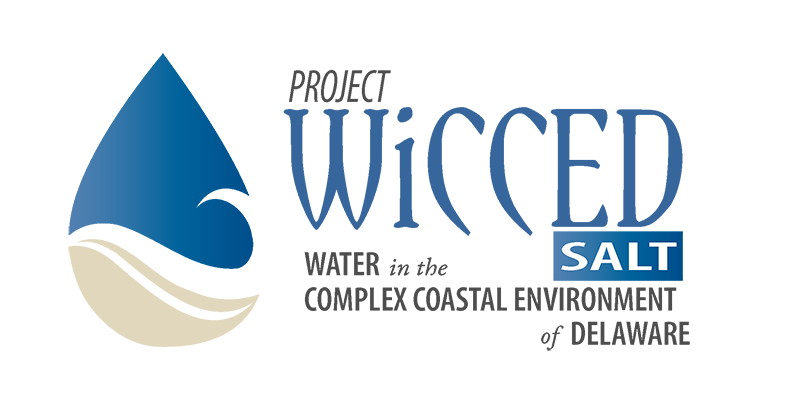Less than one third of Americans are capable of understanding the scientific issues we see in the news. It’s time to raise our standards of science and ensure these new learning approaches are available to all students regardless of income.
A scientifically literate person can tell the difference between an article based on quality scientific evidence and news with the intent to mislead. Scientific literacy means not only understanding the scientific content, but being able to make informed decisions that lead to positive policy changes. These traits are beneficial in the workplace and for creating a collective society that can think critically and make lifestyle choices to better the world in which we live. Our next step is to invest in our future—by instilling scientific literacy in our children.
To improve student understanding of the scientific process, a consortium of states, including Delaware, took part in developing the Next Generation Science Standards (NGSS). Top American research and science organizations designed a curriculum that emphasizes a greater ability to evaluate scientific evidence. The objective of these standards is to have students develop the traditional in-depth understanding of content, while also developing communication and problem-solving skills. Active- and inquiry-based learning techniques, ideas foundational to the NGSS, teach students howto think rather than whatto think. Despite research that these learning approaches improve student test scores, only “20 states and the District of Columbia have adopted the NGSS, representing about 36% of US students,” according to the National Science Teaching Foundation. Why aren’t more schools adopting these standards the way Delaware has? Cost.
The switch in curriculum from the Common Core to the NGSS requires large up-front funds, but there is no federal funding to aid in this transition. Many low-income schools cannot afford new curriculum products and may not be able to participate in these new learning techniques to the same degree found in better school districts.
Katelynn Fry is an environmental science graduate student at Wesley College, a minority-serving liberal arts institution in Dover, Delaware. Fry is passionate about engaging the public on scientific issues relating to our changing environment. She believes that everyone should have the opportunity to understand and appreciate the scientific process and that the best way to do this is to make active- and inquiry-based learning more accessible to low-income schools.
With a partnership between Wesley College and Delaware company ANP Technologies, Fry designed an educational product from ANP that quickly detects forpesticides and toxic metals in our food and water. The low-cost test has been used widely by consumers, but not for education.
One of the ways Delaware aims to address water security issues is to address the biggest threat to water quality—human behavior. Over the last year, Fry has designed an educational module, aligned with the NGSS, that allows students to ask questions about the water in their environment. This four-day module culminates in students developing and carrying out their own experiments with water samples from across Delaware with the ANP test kit.
Fry’s research uses an affordable educational product to help increase the scientific literacy of students who otherwise wouldn’t get to participate in hands-on science. We hope that her work will help students think critically and make informed choices on decisions that impact water quality in Delaware.
It is incredibly important to teach children scientific literacy from an early age to ensure that, as adults, they are able to evaluate thevalidity of statements from the media in order todetermine what information they can rely on to make important decisions. To increase scientific literacy statewide Delawareans must encourage their government representatives to increase STEM and education budgets in schools. This should provide grant opportunities to make active- and inquiry-based learning more accessible to low-income schools.
This work was funded through Project WiCCED: Water in a Changing Coastal Environment of Delaware, funded by the National Science Foundation EPSCoR Program Grant No. 1757353 and the State of Delaware.
Hannah Braun is a sophomore economics and finance major at the University of Delaware. Katelynn Fry is an environmental science graduate student at Wesley College.
